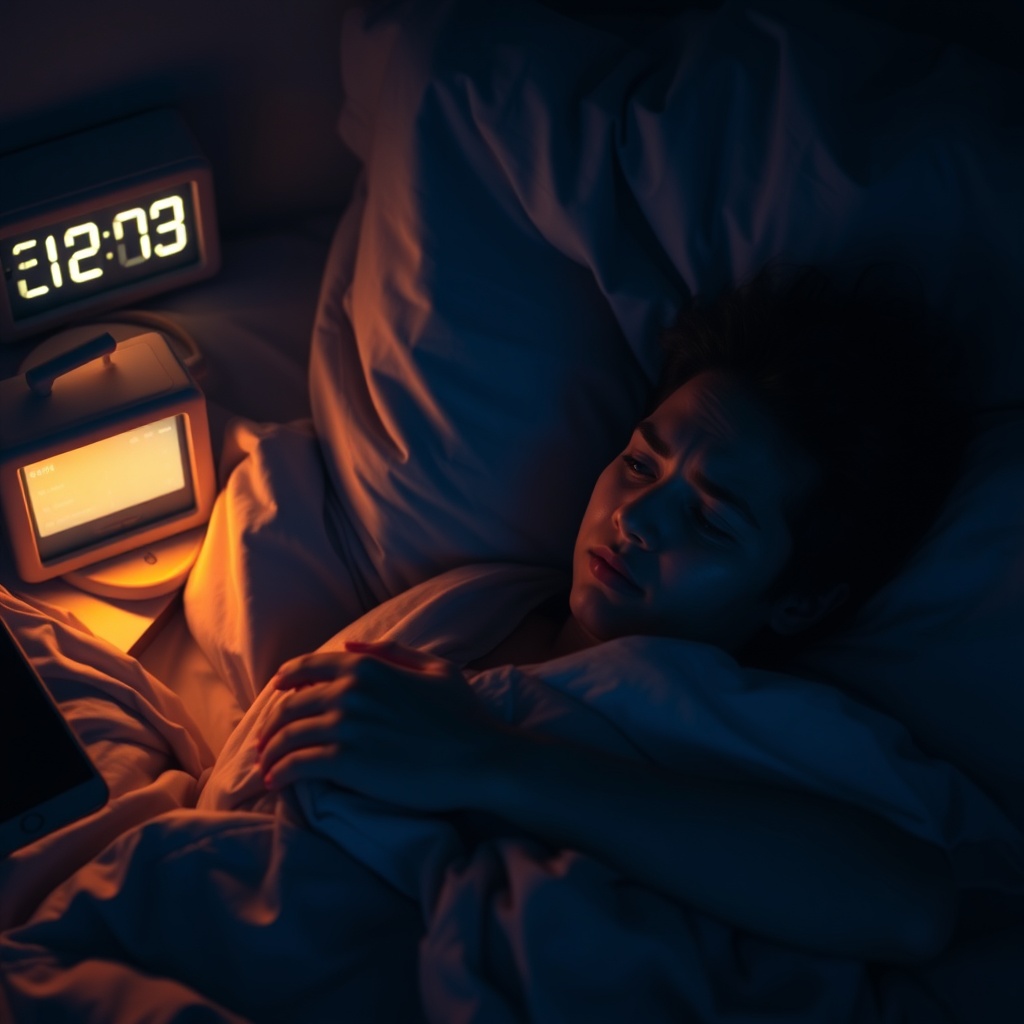Introduction
Sleep is one of the most basic human needs, yet millions of people around the world are chronically tired. From students to shift workers to office professionals, sleep deprivation has quietly become a global epidemic. But this isn’t just about staying up too late. Modern life itself seems to be wired against rest.
So, what exactly is causing this widespread exhaustion—and what can we do about it?
The Numbers Are Alarming
According to the World Health Organization, adults should get at least seven hours of quality sleep each night. However, surveys consistently show that 1 in 3 adults in developed countries regularly fall short. Sleep disorders, burnout, anxiety and lifestyle habits all contribute to the problem.
And it’s not just about quantity. Many people report feeling unrested even after sleeping for the recommended number of hours. This points to a deeper issue: sleep quality.
Why We Sleep Worse Than Ever
Modern society disrupts sleep in several key ways:
- Artificial light: Exposure to screens and LED lights at night suppresses melatonin, the hormone responsible for making us sleepy.
- Always-on culture: Work emails, social media and 24/7 connectivity make it difficult to mentally switch off.
- Stress and anxiety: Economic pressure, information overload and global uncertainty keep our minds active long after bedtime.
- Irregular schedules: Shift work, travel and binge-watching all disrupt our circadian rhythms, the internal clock that governs when we feel sleepy or alert.
All of this creates what sleep scientists call a “social jet lag”—a misalignment between our biological sleep needs and the rhythm imposed by society.
The Hidden Costs of Sleep Deprivation
Chronic lack of sleep affects far more than just mood or productivity. It has been linked to serious health conditions including:
- Heart disease
- Type 2 diabetes
- Depression and anxiety
- Cognitive decline and memory issues
- Weakened immune response
Inadequate sleep also impairs judgment, reaction time and decision-making—making it a serious risk factor in road accidents and workplace errors.
In short, sleep loss is not just a personal problem. It’s a public health concern.
Can Technology Help?
Ironically, the same technology that often robs us of sleep might also be part of the solution. Sleep-tracking apps, smart mattresses, and wearable devices can help users become more aware of their sleep habits.
But experts warn that no gadget can replace sleep itself. The foundation of good rest is behavioral, not technological.
What You Can Do
Here are simple, evidence-based steps for improving sleep in a hyper-connected world:
- Stick to a schedule: Go to bed and wake up at the same time every day.
- Limit screen time: Avoid screens for at least 1 hour before bed.
- Create a wind-down routine: Reading, stretching or quiet music can help.
- Darken your environment: Use blackout curtains or an eye mask.
- Avoid caffeine and alcohol late in the day: Both disrupt sleep cycles.
Most importantly, respect sleep as a non-negotiable part of your health—not as a luxury or weakness.
Conclusion
The modern world has made sleep more difficult than ever—but not less important. Reclaiming quality rest means resisting some of the very habits and technologies we rely on daily. It requires intention, boundaries and a shift in mindset.
If we want to be truly productive, creative and resilient, it might be time to start taking sleep seriously again.
This article was generated by AI.
